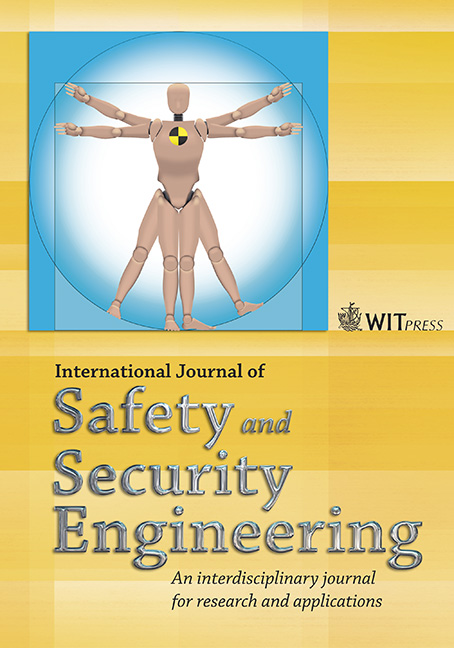Design and implementation of participant selection for crowdsourcing disaster information
Price
Free (open access)
Volume
Volume 5 (2015), Issue 1
Pages
14
Page Range
48 - 62
Paper DOI
10.2495/SAFE-V5-N1-48-62
Copyright
WIT Press
Author(s)
E.T.-H. CHU, C.-Y. LIN, P.H. TSAI & J.W.S. LIU
Abstract
A typical disaster surveillance and early warning system often needs to make timely and critically important preparedness decisions before disasters strike. When crowdsourcing observational data from people to enhance its sensor coverage, the system must be able to make effective use of volunteers, guide them during their exploration of the threatened area, and process reports from them in real time to extract decision support information of sufficiently good quality. This article focuses on the participant selection problem (PSP) which the system must solve in order to select participants from available volunteers given the benefits and costs of deploying them. The PSP-Greedy (PSP-G) algorithm proposed is known to be a near-optimal solution with a small fraction of execution time when compared with well-known optimization methods. The article describes an implementation of the PSP-G algorithm and the integration of the resultant PSP-G module into the Ushahidi platform. Performance data from two case studies based on Haiti Earthquake, 2010, and Typhoon Morakot, 2009, also described here, clearly show that PSP-G is a general practical solution.
Keywords
Crowdsourcing, disaster management, maximum general assignment, social network




